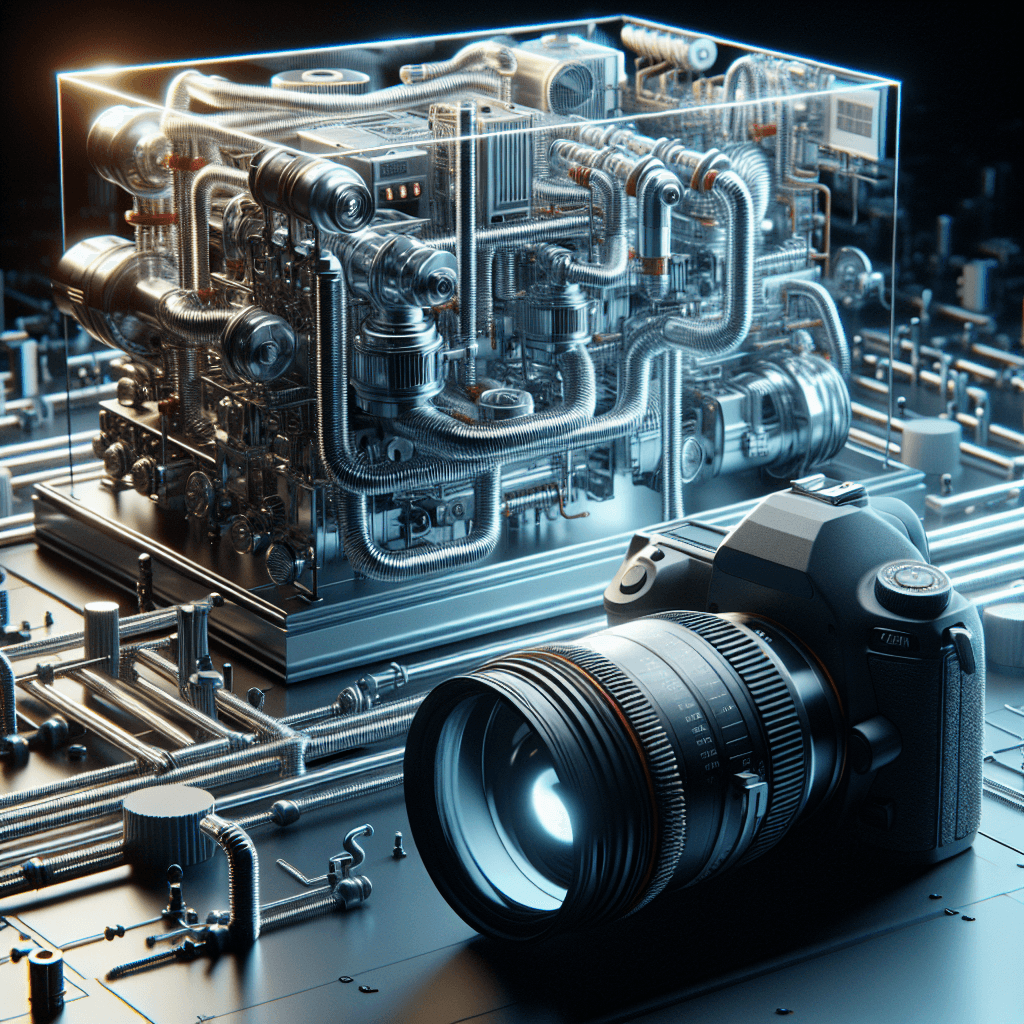Understanding HVAC: The Heart of Home Comfort
Exploring the Importance and Functionality of HVAC Systems

What is HVAC?
HVAC stands for Heating, Ventilation, and Air Conditioning. It refers to the systems and technologies used for regulating temperature, humidity, and air quality in residential and commercial buildings. An effective HVAC system ensures not only comfort but also energy efficiency and safety.
Components of HVAC Systems
The HVAC system typically consists of three main components: heating, ventilation, and air conditioning.
Heating
Heating systems can be powered by electricity, gas, or oil, and they work to maintain a warm environment during colder months. Furnaces, heat pumps, and boilers are common heating solutions.
Ventilation
Ventilation is the process of supplying fresh air and removing stale air from the indoor environment. Proper ventilation helps improve indoor air quality and can be achieved through natural means or mechanical systems, such as exhaust fans and air exchanges.
Air Conditioning
Air conditioning provides a comfortable indoor climate during hot weather. It removes heat and humidity from the air, making spaces more enjoyable. Central air conditioning systems, window units, and ductless mini-split systems are widely used options.
Benefits of a Well-Maintained HVAC System
1. Energy Efficiency: A properly functioning HVAC system consumes less energy, resulting in lower utility bills.
2. Improved Air Quality: Regular maintenance and filter changes reduce allergens and pollutants in the air.
3. Increased Lifespan: Routine servicing can extend the life of your HVAC system, saving you money in the long run.
Conclusion
Investing in a reliable HVAC system is essential for promoting comfort, health, and energy efficiency in your home or business. Whether it's time for an upgrade or just a routine check, ensuring your HVAC system is in peak condition is crucial for optimal performance.